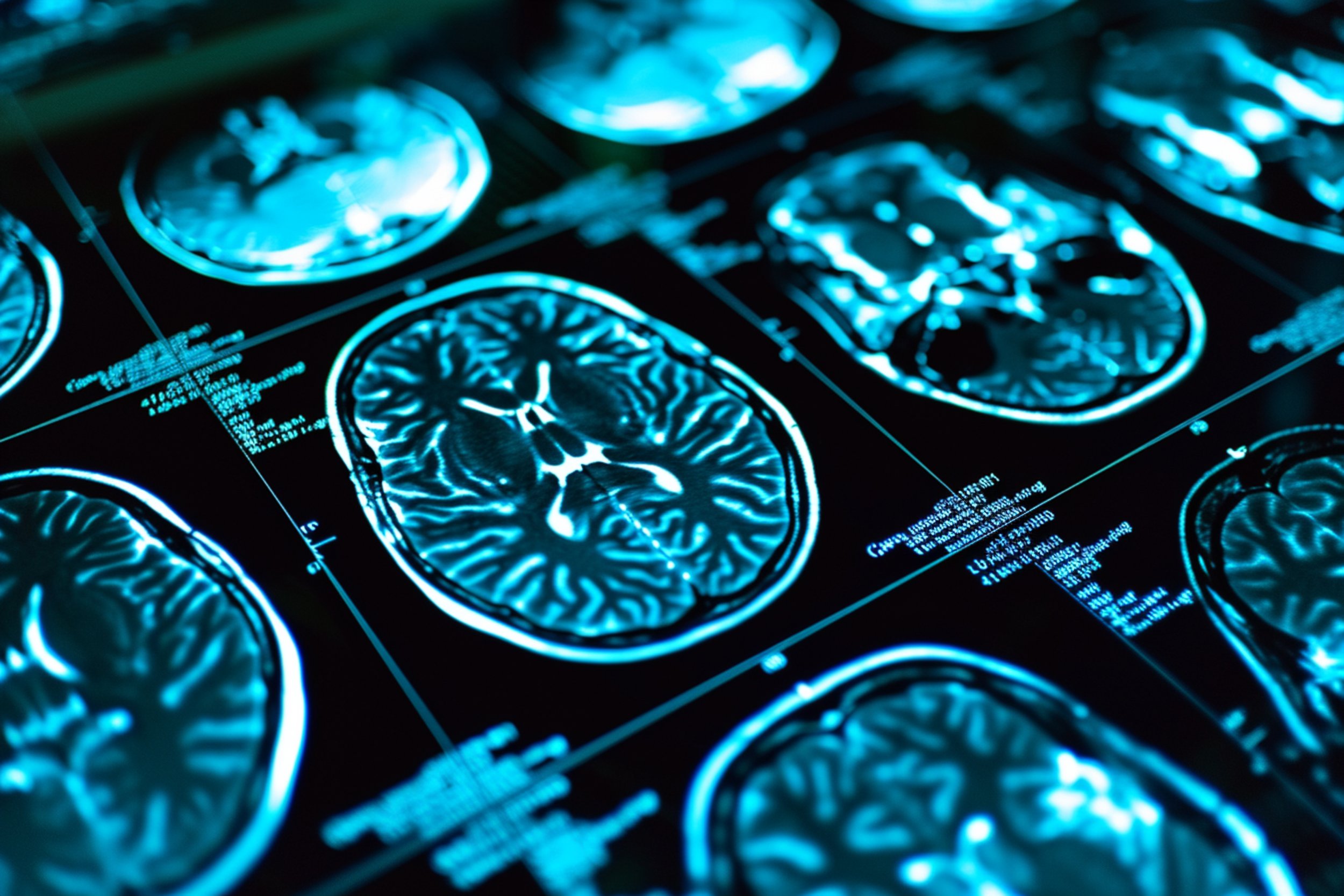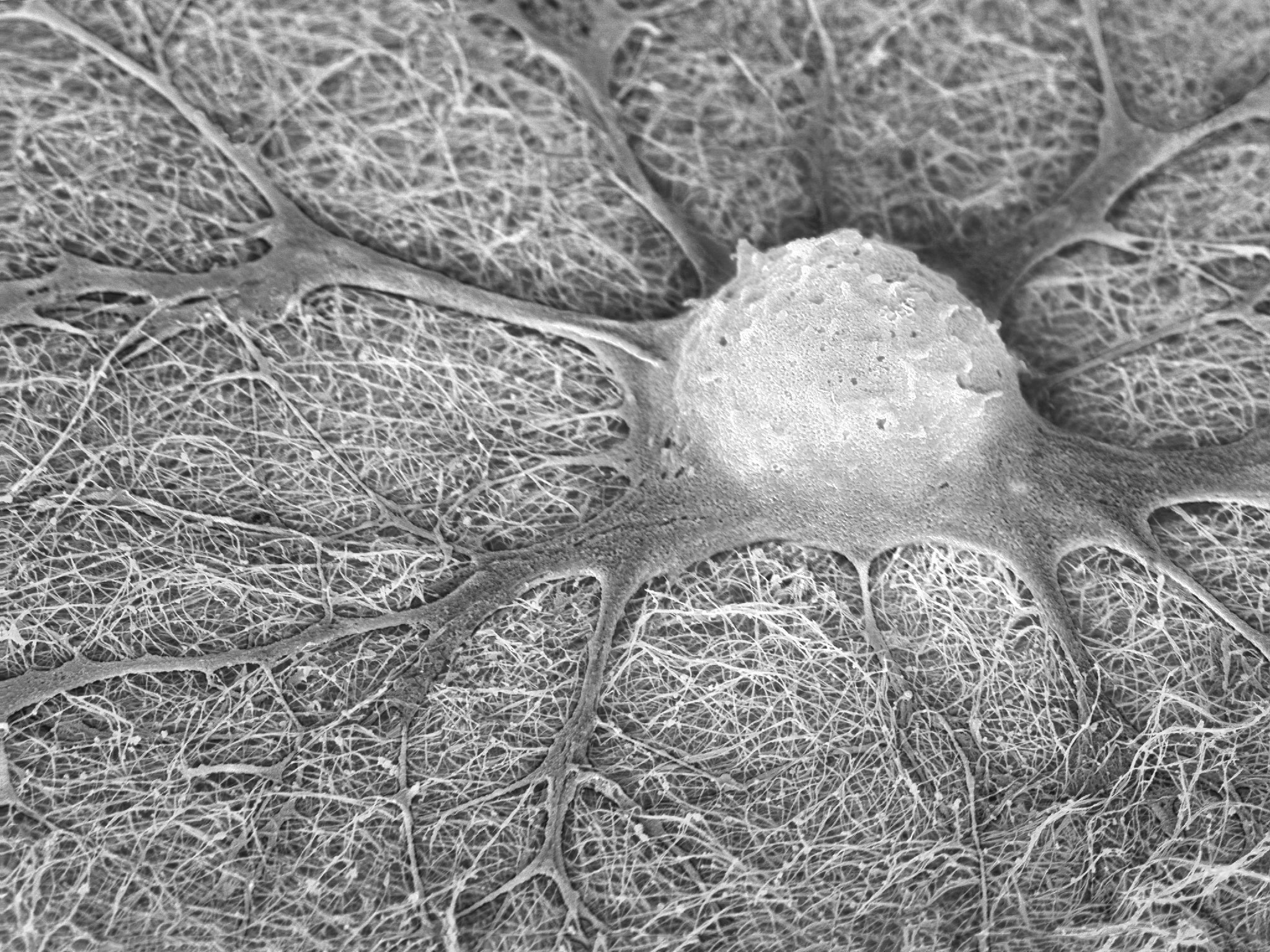ISSCR News

Stem Cells Shed Insight Into Cardiovascular Disease Processes
When thinking about the immune system, most people think about B and T cells and how they can be trained to recognize pathogens, preventing re-infections. Besides this “adaptive” immune system, we also have an “innate” immune system which acts as first line defense against e.g. bacteria and viruses. The textbook view is that the innate immune system is non-specific so that it’s response always follows the same pattern, even for recurring infections. However, research published today in Stem Cell Reports provides evidence that brief exposure to certain “danger signals” can prime the body’s innate immune system into a long-term hyperreactive and inflammatory state termed “trained innate immunity.”

Repurposing Drugs to Eliminate Cellular Origins of Brain Tumors
In an effort to rapidly identify new treatments effective against BTSCs, a team of researchers from the University of Ottawa, Canada, tested Edaravone, an FDA-approved drug, for its efficacy against BTSCs, knowing that Edaravone blocks cellular processes which are important for the growth and survival of BTSCs.

Registration and Abstract Submission Now Open for the ISSCR 2025 Annual Meeting
Registration and abstract submission are open for the ISSCR 2025 Annual Meeting, where academic and industry innovators in stem cell science and regenerative medicine will gather for The Global Stem Cell Event 11-14 June in Hong Kong for the first time in the ISSCR’s history. The ISSCR extends its thanks to co-sponsors The University of Hong Kong, The Chinese University of Hong Kong, and The Hong Kong University of Science and Technology for their support of the meeting.

Ninth Circuit Reverses Lower Court, Reinforces FDA’s Authority to Regulate Unproven Stem Cell Products
In an important step to protect the public from unproven stem cell products, the U.S. Court of Appeals for the Ninth Circuit ruled in favor of the U.S. Food and Drug Administration in U.S. v. California Stem Cell Treatment Center, Inc., reversing the district court. The reversal fortifies FDA’s tiered, risk-based framework for the regulation of cell therapies and is consistent with a similar ruling in the Eleventh Circuit in 2021.

Scientists Aim to Decode the Genetic Roots of Mental Illness on a Large Scale
Neurodevelopmental and psychiatric disorders (NPD) including schizophrenia, bipolar disorder, autism, and depression are detrimental to individuals, their families and society as a whole, and in many cases still lack effective treatments. It’s becoming more and more clear that genetic mutations in certain genes can increase the likelihood of developing NPD, and several hundreds of those “risk genes” have been identified to date, but their role related to NPD remains a mystery.

Receive ISSCR Press Releases
Sign up be a part of ISSCR’s media list. Media Contact: Kym Kilbourne, Director of Media and Strategic Communications
Subscribe to ISSCR News.
Each month, ISSCR delivers scientific, policy, and community to your inbox .
